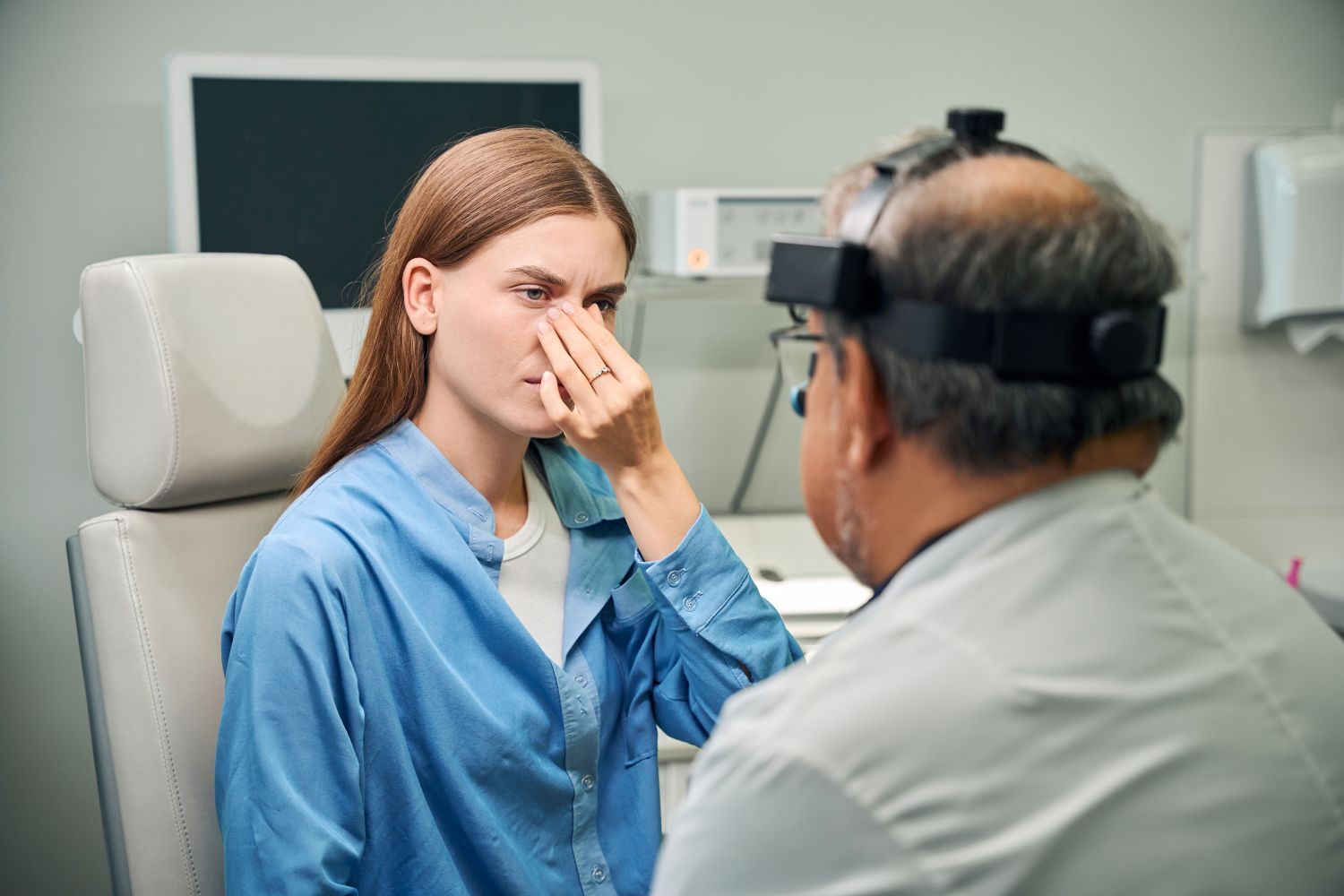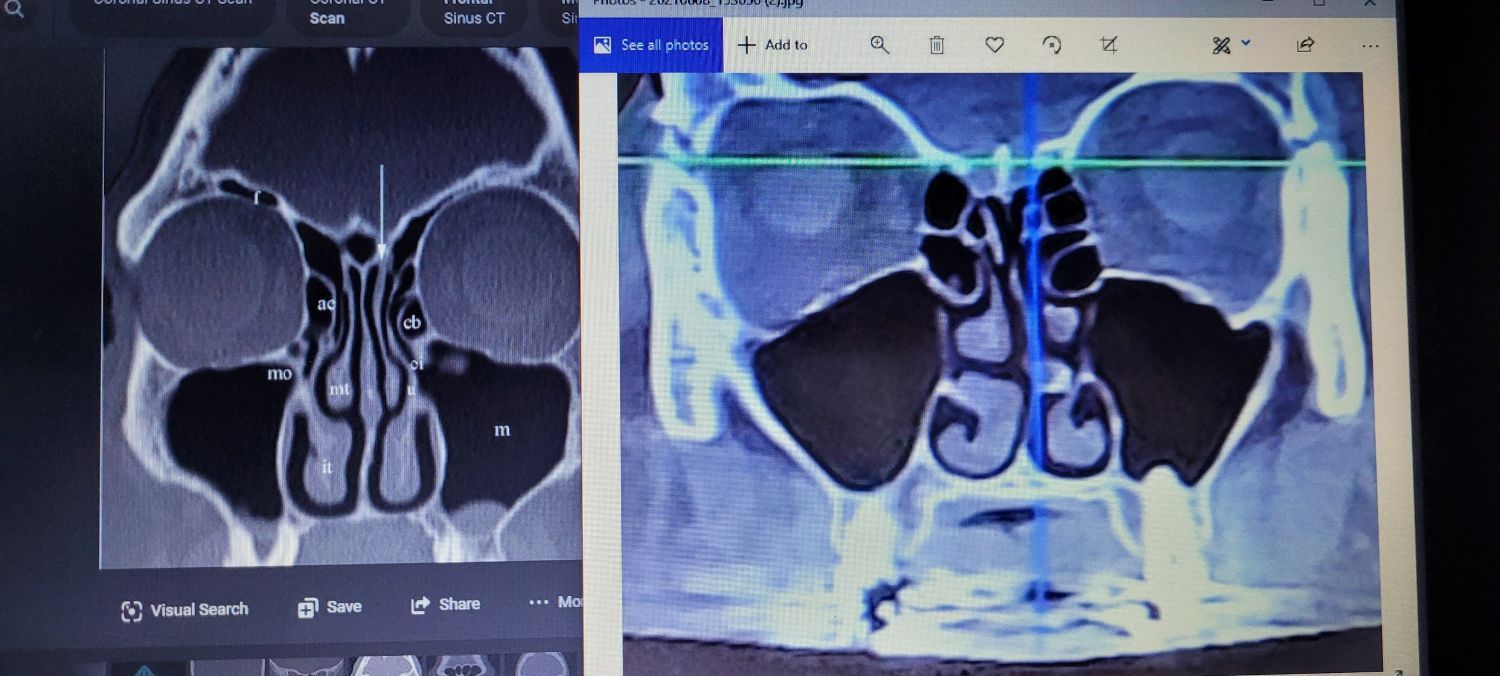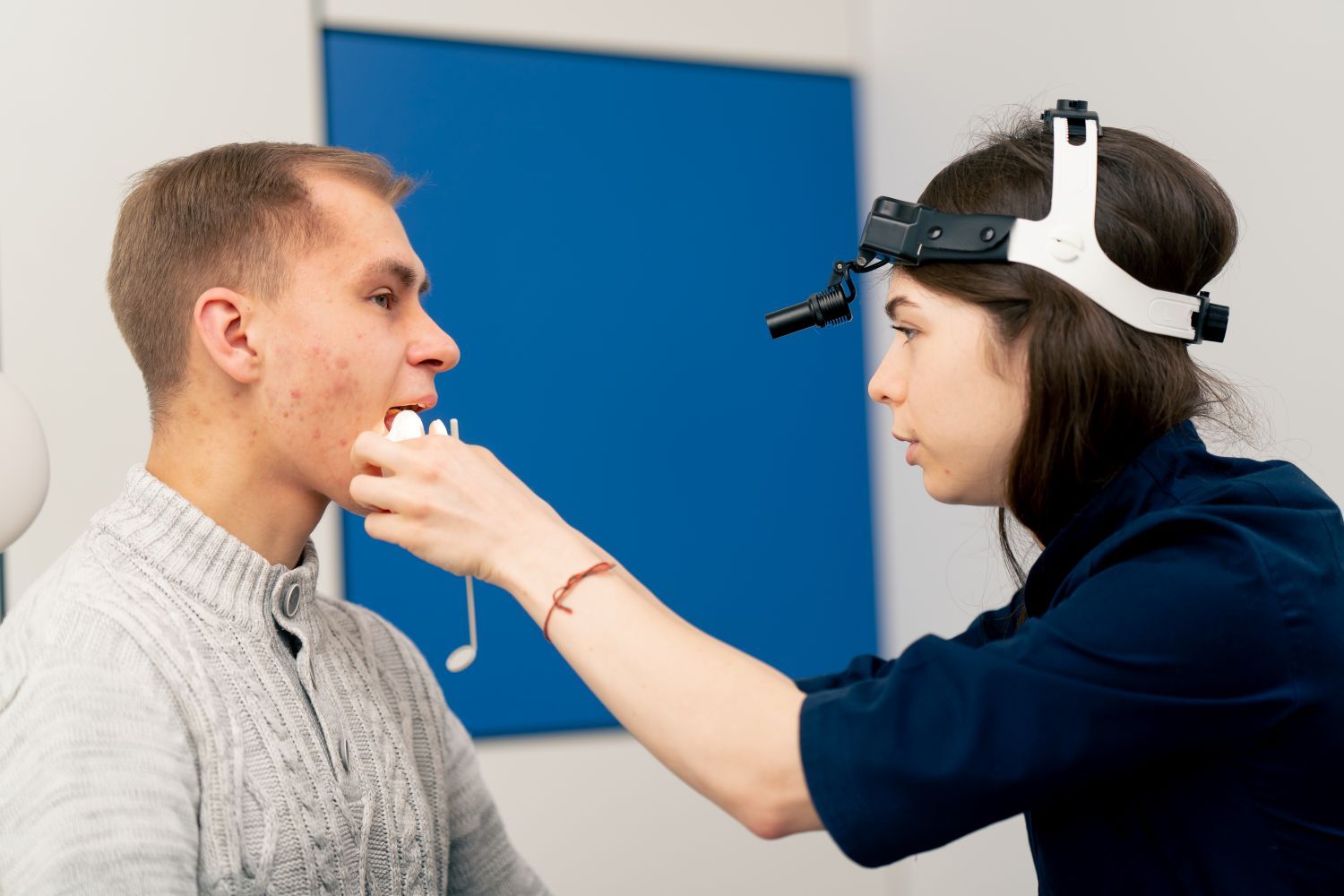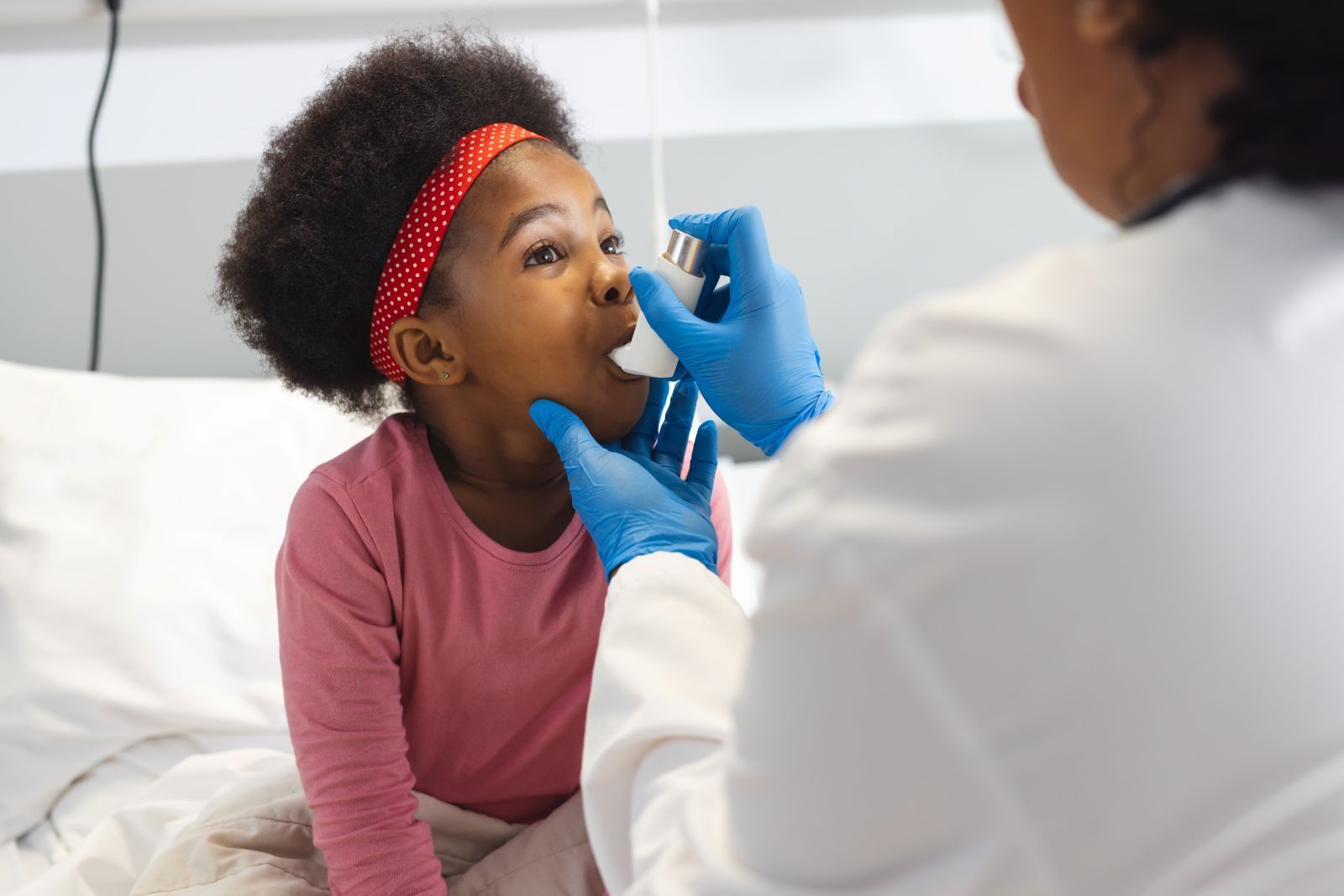Supporting Patients Coping with Allergies
Allergies are a prevalent health issue, with over a quarter of U.S. children and nearly a third of U.S. adults facing seasonal allergies, eczema, or food allergies. Healthcare providers can empower patients to cope better with their allergic conditions by grasping effective management strategies and delivering comprehensive care.
Here is a guide to assist healthcare providers in effectively supporting patients in managing allergies:
Understanding Allergies
Common allergic conditions, including allergic rhinitis, asthma, eczema, and food allergies, can manifest in various forms, ranging from mild symptoms to severe reactions, significantly affecting both the physical health and emotional well-being of individuals. Healthcare providers play a pivotal role in recognizing the signs and symptoms of allergies to ensure accurate diagnosis and effective management of allergic conditions in their patients.
Diagnostic Approaches
The foundation of effective allergy management lies in accurate diagnosis. Healthcare providers can utilize a range of diagnostic approaches, such as skin prick tests, blood tests for specific IgE antibodies, and allergen challenge tests, to pinpoint the allergens triggering patients' symptoms. Identifying specific allergens enables healthcare providers to customize treatment plans to meet the individual needs of patients.
Treatment Options
Healthcare providers play a key role in guiding patients through various treatment options for managing allergies. Treatment strategies may include:
- Allergen Avoidance: Educating patients on allergen avoidance strategies to minimize exposure to triggers.
- Medications: Prescribing antihistamines, decongestants, nasal corticosteroids, or other medications to alleviate allergy symptoms.
- Immunotherapy: Recommending allergen immunotherapy (allergy shots or sublingual tablets) for patients with severe allergies to desensitize their immune response.
- Emergency Care: Educating patients on recognizing and managing severe allergic reactions (anaphylaxis) and prescribing epinephrine auto-injectors when necessary.
Patient Education and Empowerment
In addition to treatment modalities, patient education plays a vital role in managing allergies effectively. Healthcare providers should educate patients on allergy triggers, symptom recognition, medication adherence, and emergency response protocols. Empowering patients with knowledge about their condition enables them to take an active role in managing their allergies and making informed decisions about their health.
Collaborative Care Approach
Coping with allergies often requires a multidisciplinary approach involving collaboration between healthcare providers, allergists, nurses, and other allied health professionals. By working together as a team, providers can ensure comprehensive care for patients with allergies, addressing their physical, emotional, and psychological needs. By adopting a holistic approach to allergy management and staying informed about the latest advancements in allergy care, healthcare providers can make a significant impact on improving patients' quality of life and well-being.
Join the Snot Force Alliance to engage in in-depth discussions on all aspects of allergy, airways and sinus health. Become a member and contribute to driving progress!













